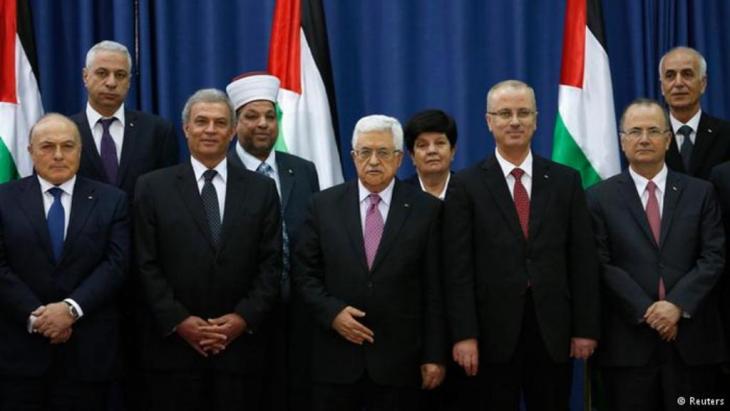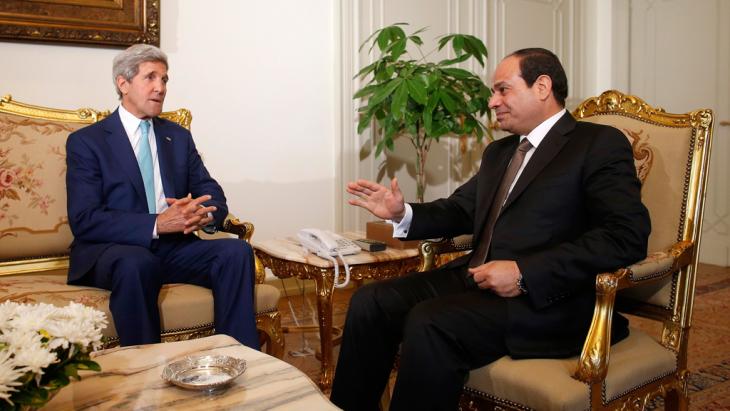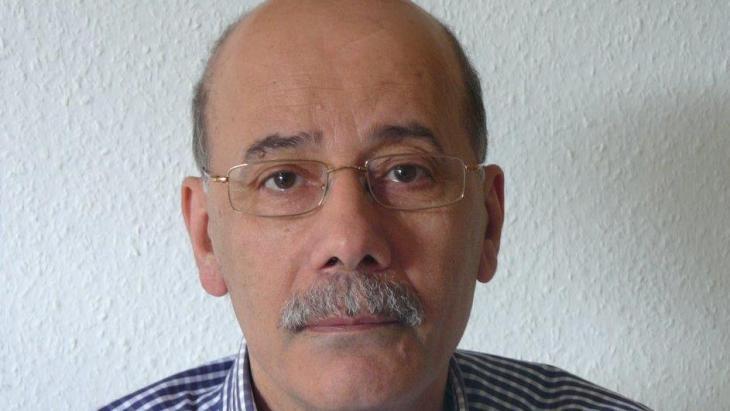"The Europeans must conduct a direct dialogue with Hamas"

The West's reaction to the repeated bloody confrontations between Israel and Hamas seems to have become a ritual. First, it affirms Israel's right to defend itself; then it calls for the civilian population to be spared – something which is factually impossible. Such a cosy, hypocritical attitude confuses the cause and effect of the conflict in Gaza and ignores the threat it poses not only for the whole of the Middle East, but also for Europe itself.
The current murderous war in Gaza is not just about the protection of the Israeli population against Hamas rockets, as the Israeli government claims. It is also an expression of the failure of the Israeli-Palestinian peace negotiations and demonstrates the new political polarisation of the Arab world. The blockade of Gaza, which has been in place since 2007, also increases the misery of its population and lends political strength to Hamas.
Israeli Prime Minister Benjamin Netanyahu's insistence on the settlement policy in the Palestinian-occupied areas has made the two-state solution practically impossible.
The Palestinians' hopes of independence and the end of the Israeli occupation that has being going on since 1967 have been dashed once again. The fact that Palestine's President Mahmoud Abbas, whose negotiations failed, was forced into reconciliation with Hamas, did not come as a surprise. What is surprising is the inaction of the USA and the EU with regard to Israel's violation of the 1993 Oslo Agreement.

Regional polarisation encouraged the Gaza War
Israel still enjoys political immunity and the unconditional support of the West. The Israeli government is exploiting this status and conducting the military operation in Gaza in order to prevent the national reconciliation of the Palestinians and to perpetuate the occupation of Palestinian territory.
The current war in Gaza is being abetted by the political polarisation that has come about in the region since the Arab Spring. The ousting of the Muslim Brotherhood in Egypt last year also saw Hamas fall out of favour with the new leaders in Cairo. Both Egypt and the majority of the Gulf States, led by Saudi Arabia, have an interest in seeing Hamas defeated. On the other hand, Hamas enjoys political and material support from Turkey and Qatar. This makes it difficult to bring an end to a war that has been particularly devastating for the civilian population in Gaza.
The fact that Hamas, which was on the point of political collapse prior to the Israeli military offensive, has returned with full force to the political scene in Palestine is one of the ironies of this story. It has also been able to reconcile with Iran and Hezbollah, after its decision to go against the demands of Tehran and side with the Syrian opposition.

The EU should assume greater responsibility
As the states directly or indirectly involved in the war in Gaza are incapable of silencing the guns, the EU – and in particular Germany – cannot remain on the sidelines.
Europeans must face up to their moral and political responsibility for the genesis and development of the Arab–Israeli conflict, and prevent it spreading to their own countries. They cannot subsidise the occupation, which violates international law, with their financial aid for the Palestinian Authority, or accept the policies of Israel's right-wing government without criticism. If the Europeans don't help end the conflict in Gaza, the conflict will come to Europe, which is already happening in the form of the protests taking place in European countries.
The EU's ostracisation of Hamas has so far proven counter-productive. It has neither changed nor weakened the Islamist organisation. An end to the inhumane blockade of Gaza, an immediate ceasefire and the revival of peace talks on the basis of international law would also help strengthen the moderate tendencies within the organisation. The Europeans must conduct a direct dialogue with Hamas.
Abdel Mottaleb El Husseini
© Qantara.de 2014
Translated from the German by Ruth Martin
Editor: Aingeal Flanagan/Qantara.de
